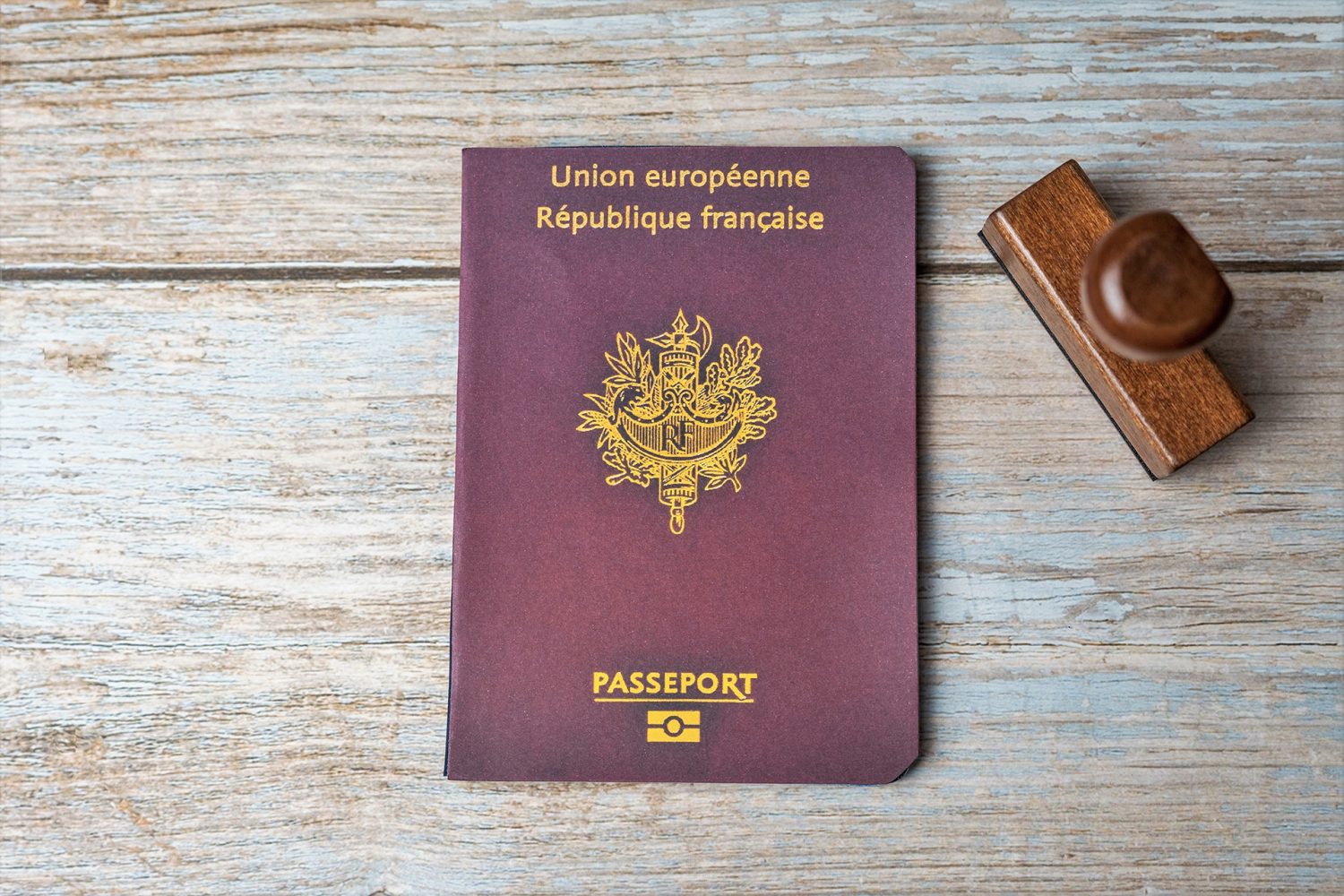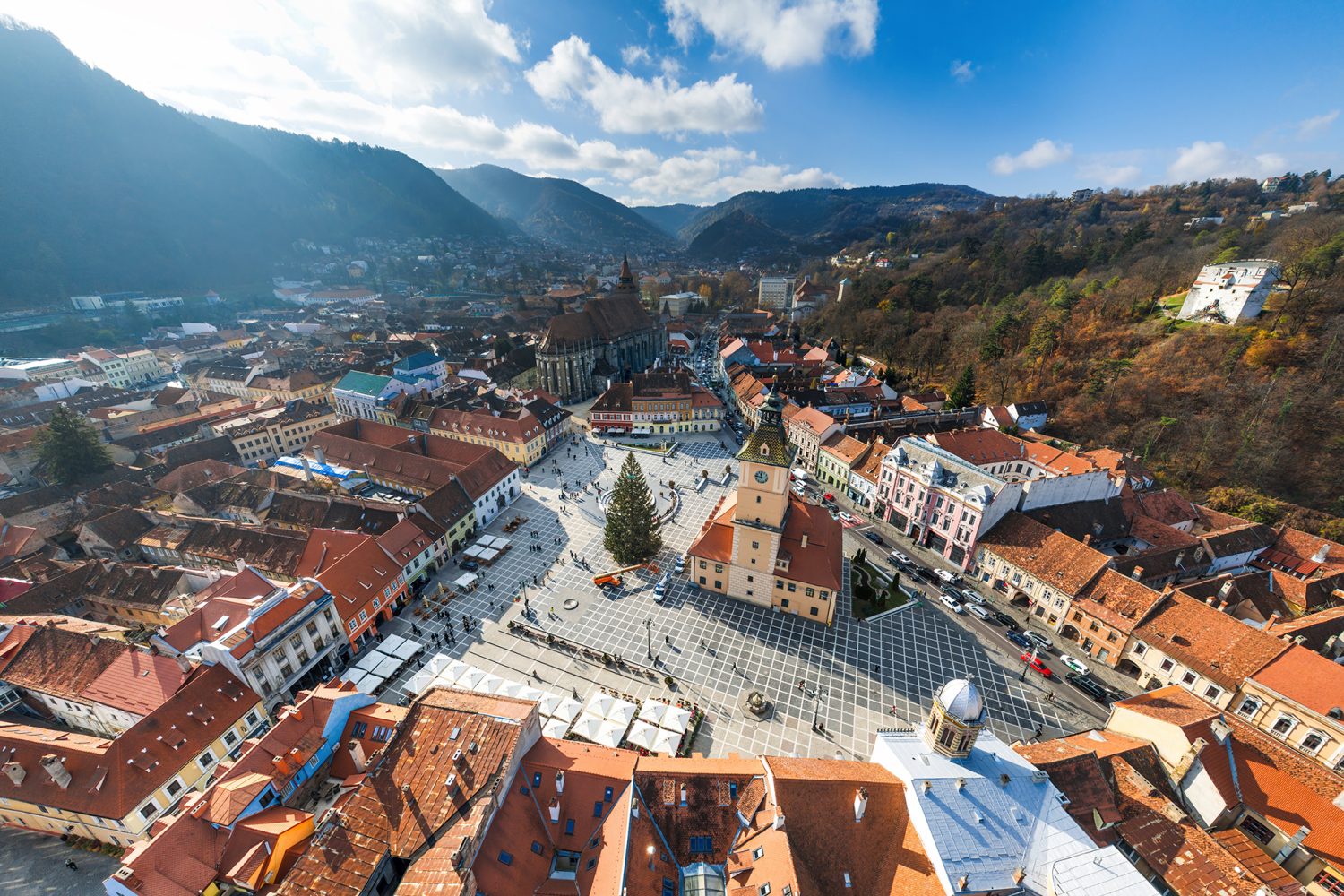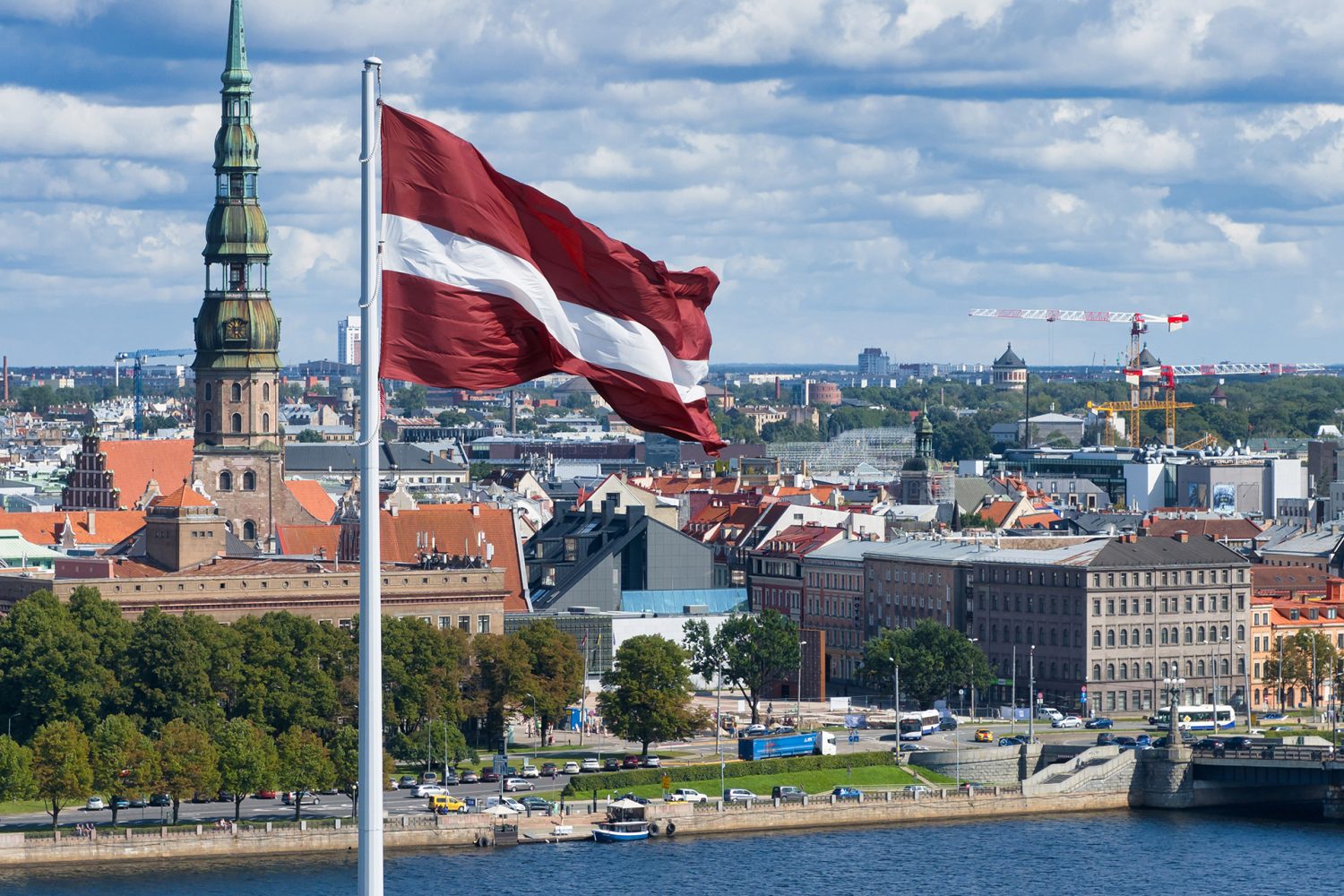
Diana Weber
Lawyer of international law
Rating:
12
December
Immigration to the EU for Permanent Residence

Immigration to Europe, especially to EU countries, is a popular destination among foreigners who plan to live in a developed country with high levels of security, wages, and social guarantees. To move to an EU country for permanent residence, an applicant needs to choose a basis for legalization - obtaining the status of a temporary or permanent resident. An immigrant can become a full-fledged resident of a European country with access to rights identical to those of the indigenous population after obtaining EU citizenship.
Submit an application form and we'll get back to you!
The advantages of living in the European Union can be attributed the following:
Disadvantages of living in EU countries:
Immigrantinlaw specialists provide a free consultation on all the details of obtaining second citizenship in EU countries. Their lawyers assist clients in quickly and legally obtaining a passport from one of the EU member states.
When choosing a country for permanent residence in Europe, one should take into account the level of wages, the complexity of mastering the state language, the demand for various professions in the labor market or prospects for starting your own business. It is also necessary to study the nuances regarding access to education at local universities and schools (for children), medical care, and features of immigration legislation (how easy it is for a foreigner to obtain citizenship).
Wishing to immigrate to the EU for permanent residence is enough to obtain citizenship of any union country for this purpose. The legislation of the European Union regulates equality of rights for all holders of passports of each state agreement. An EU citizen can live permanently in any union country, without restrictions on time and with access to the labor market, education, commercial activity, medicine.
The following are the best European countries for immigration according to the above criteria:
Submit an application form and we'll get back to you!
To move to Europe (EU) for permanent residence, a foreigner needs to obtain the status of permanent residence or citizenship of one of the union countries. Full access to rights identical to those of the indigenous population becomes available to an immigrant only after obtaining an EU passport. You can get EU citizenship through the procedure of standard or accelerated naturalization (through investment, family reunification) or through repatriation. The initial residence permit can be obtained by a foreigner through marriage, family ties, education, work and other grounds established by the legislation of the chosen country.
Repatriation is a procedure for restoring civil rights for persons or their descendants who previously had territorial or ethnic affiliation with the respective country or people. Immigrants who documentarily prove the basis for granting them citizen status can participate in the program, for example using a birth certificate of a suitable relative. The procedure of repatriation is relevant for persons whose ancestors up to great-grandparents were residents of an EU country. This is the simplest, fastest and most accessible way to arrange a passport for moving to Europe and receiving all privileges of EU citizens.
Foreigners who are admitted to study at a university in Europe have the right to claim temporary resident status. Temporary residence is issued to an immigrant for the period of completion of the educational process. Usually, only half of the period spent in the country with a student’s residence permit is included in the period required for obtaining a passport by naturalization in the EU. Temporary resident status can also be claimed by interns, participants in language courses and professional development courses. Usually, an applicant is required to pay for education before obtaining temporary residence and have enough funds for living in the country.
Persons who get a job in European countries have the right to move to the EU and arrange temporary residence. A residence permit is granted to applicants for the duration of an employment contract, but no more than 1-4 years with the right to reissue. Working temporary residence can also be obtained by applicants as part of intra-corporate transfer or long-term secondment. Highly qualified foreigners can claim a special type of residence - an EU blue card when employed in a profession in a chosen union state.
A number of EU countries (for example, Greece or Spain) provide foreigners with local residence status in case of purchasing residential or commercial real estate for a certain amount. Depending on the legislation of the chosen country, the applicant can dispose of the acquired property at his discretion - rent it out or use it only for his own residence. Laws also limit the right to resell the object within a certain period. When living in the country, the applicant can subsequently replace the status of a temporary resident with permanent residence and a local passport.
Most EU countries (for example, Hungary or France) welcome foreigners who want to conduct commercial activities on their territory. An immigrant has the right to obtain a residence permit when opening a new business or buying shares of an existing enterprise. The standard term of temporary residence is from 1 to 4 years with the right to reissue. There is also an opportunity to obtain resident status through the creation of a startup, the opening of which is sponsored by European licensed organizations.
An applicant can move from another state to Europe through investment in the economy of the chosen country. For example, Spain and Lithuania provide a residence permit to persons who invest certain amounts (from 250,000-500,000 EUR) in certain areas regulated by law. A number of countries (Cyprus, Malta) give foreigners the opportunity to immediately arrange permanent resident status for investments, bypassing the stage of living with temporary residence. Investments in particularly large amounts can become a basis for accelerated naturalization (for example, in Romania after 4 years instead of 8 when investing from 1,000,000 EUR in the local economy).
Staying in European countries with an expired resident status, illegal documents or a visa that does not correspond to the purpose of the trip (for example, tourist) is considered illegal. The offender can be forcibly deported from the country with a ban on subsequent entry throughout the EU and/or Schengen area. Other possible consequences of illegal immigration are annulment of local documents, fine and even administrative or criminal punishment according to local legislation.
During a free consultation, Immigrantinlaw lawyers explain the process of acquiring second citizenship in the EU, covering all key details. Their support helps clients secure a European passport promptly and legally.
The process of immigration to a European country on general naturalization terms includes obtaining an entry permit, moving, obtaining temporary resident status, staying in the country with temporary residence and replacing it with permanent residence. After observing the census of sedentary life, an applicant can apply for a passport of the corresponding EU state if he meets other requirements for an applicant.
In most cases, to legalize stay on the territory of a European state, a foreigner needs to first open a national visa. The entry permit is requested at the diplomatic representation of the chosen EU state on the same basis on which temporary residence is subsequently arranged. The applicant submits documents to the consulate or embassy, upon approval of the request receives a visa and moves to Europe before its expiration date.
Upon arrival in the chosen European country, an applicant applies to the immigration service and submits a dossier for obtaining a temporary residence permit. The package of documents depends on the type of requested temporary residence. Sometimes temporary residence is arranged by an applicant in advance in his country of permanent residence, and after moving abroad he applies to local Ministry of Internal Affairs for resident card itself. With temporary residence, an immigrant has the right to stay in Europe for a specified period (usually - up to 1-2 years) and extend his status if there are grounds.
An immigrant has the right to arrange the status of a permanent resident in European countries after preliminary residence with temporary residence for an average of 3-5 years. Permanent residence equates the applicant in rights with the citizens of the state, with a few exceptions such as the ability to join the armed forces or run for government. In some cases, foreigners can immediately obtain permanent resident status, bypassing the stage of living in the country with temporary residence - for example, through investment (Cyprus, Malta), family reunification or marriage with a holder of a local passport (Slovakia, Italy).
A foreigner can become a citizen of a European country by naturalization on average after 5-10 years after opening the initial residence permit. The applicant must meet other requirements, in addition to observing the census of sedentary life, such as no criminal record, knowledge of the state language at a conversational level, having a permanent official income. With a package of documents, an applicant applies to the citizenship affairs service, sometimes - goes through an interview. In case of approval of the request, an immigrant takes an oath (if applicable) and receives a certificate with which he can apply to the Ministry of Internal Affairs for arranging a passport of an EU country.
Submit an application form and we'll get back to you!
Immigration to Europe through the procedure of naturalization takes foreigners from 5 to 10 years, during which a foreigner needs to live in the chosen country and maintain grounds for extending resident status. Faster citizenship arrangement through investment (within 4-5 years) requires significant financial resources from an applicant. The easiest way to immigrate to an EU country is with a passport from one of the member states of the agreement, arranged by repatriation. Entry into citizenship and relocation are possible already after 12 months from the beginning of the procedure.
Many foreigners in 2025 find repatriation programs in Slovenia, Romania, and Bulgaria highly relevant due to simplified processes offered in these countries. EU citizens share equal rights in choosing their place of residence across the European Union. Therefore, with a passport from any EU country, applicants can move freely to any EU member state without additional documentation requirements.
Immigrantinlaw’s immigration lawyers offer a free consultation on obtaining second citizenship in Europe, guiding clients through a fast and lawful process to acquire an EU passport.
Get more information about the peculiarities of immigration to the EU at a free consultation
Immigration to Germany for Permanent Residence
24 April
Permanent residence in Germany is a document for permanent living in the country, which is provided to immigrants after fulfilling...
Obtaining Portuguese Residence Permit for Foreigners
29 November
The Portuguese residence permit is granted to those who have a good reason to move to the country with the...
How to Get Citizenship of France
6 December
French citizenship is the legal relationship between you and the country. This status endows you with a certain list of...
Immigration to Slovenia for Permanent Residence
24 December
Permanent residence of Slovenia is a status of a permanent resident, which essentially equates a foreigner in rights with local...
Obtaining Romanian Residence Permit for Foreigners
5 February
Temporary residence permit in Romania is an official status that is arranged by foreigners for moving to the country and legally...
Obtaining Latvian Residence Permit for Foreigners
18 January
A Latvian residence permit is applied for by those who plan to reside in Latvia for more than 3 consecutive...
Discover
new opportunities
with a European Union passport!
Submit the application form and we will call you back!
Leave a request
Contacts









